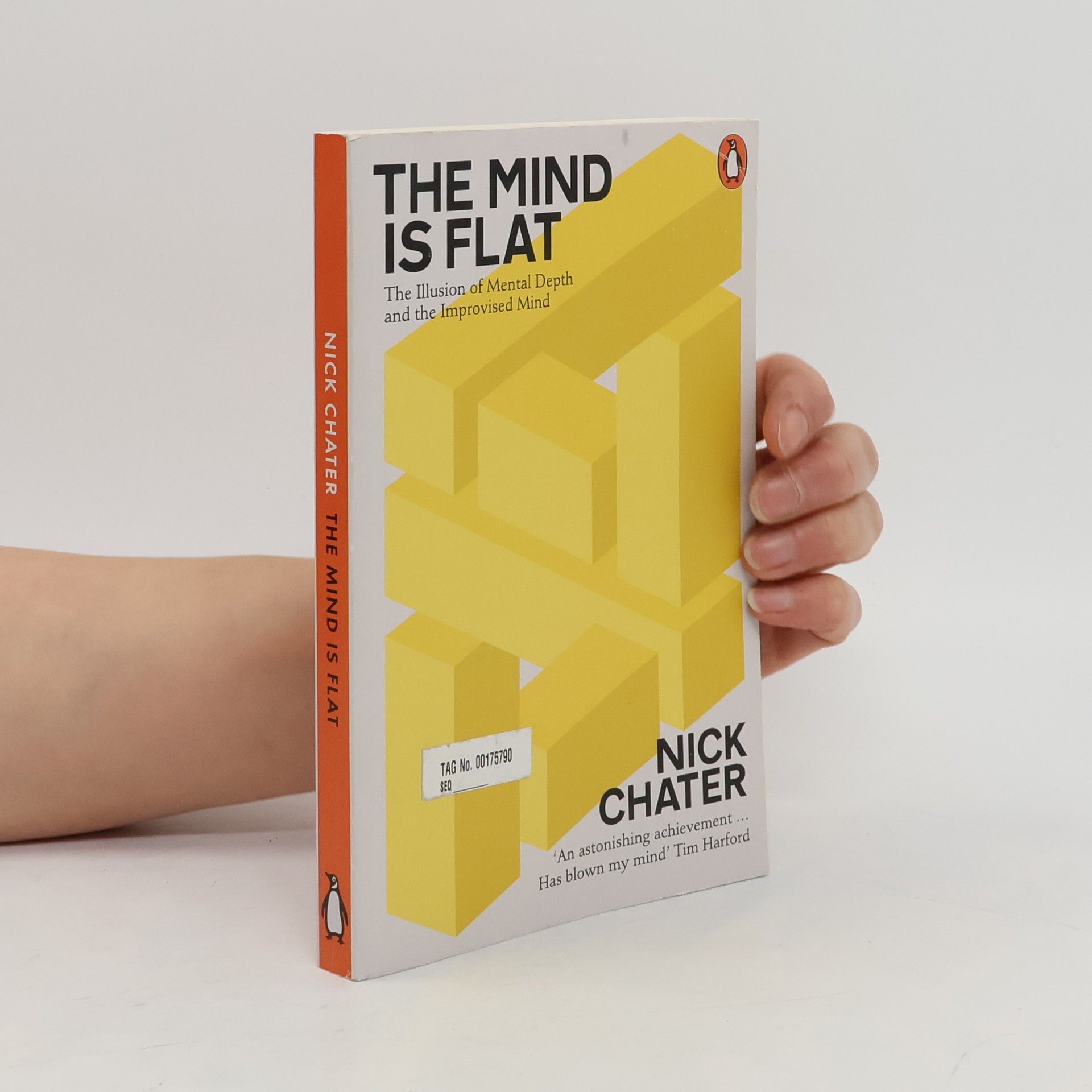The book challenges the traditional view of human cognition as purely logical, arguing that this perspective is fundamentally flawed. It posits that reasoning should be approached through the lens of probability theory, which better accommodates uncertainty in human thought. By reexamining the foundations of psychological reasoning, it offers a provocative critique of longstanding beliefs about rationality, inviting readers to reconsider how they understand the mind and decision-making processes.
Nick Chater Knihy
Nick Chater je uznávaný profesor behaviorálních věd a spoluautor mnoha publikací. Jeho práce se zaměřuje na zkoumání lidského rozhodování a chování, přičemž se opírá o hluboké pochopení psychologických a kognitivních procesů. Chaterovy texty často prozkoumávají, jak lidé dělají rozhodnutí v komplexních situacích, a nabízejí pohledy na to, jak můžeme lépe porozumět a formovat lidské chování. Jeho rozsáhlá publikační činnost a akademický přínos z něj činí významnou postavu v oblasti behaviorálních věd.


The Mind Is Flat
- 272 stránek
- 10 hodin čtení
We all like to think we have a hidden inner life. Most of us assume that our beliefs and desires arise from the murky depths of our minds, and, if only we could work out how to access this mysterious world, we could truly understand ourselves. In The Mind Is Flat, pre-eminent behavioural scientist Nick Chater reveals that this entire enterprise is utterly misguided. Drawing on startling new research in neuroscience, behavioural psychology and perception, he shows that we have no hidden depths to plumb & unconscious thought is a myth. Instead, we generate our ideas, motives and thoughts in the moment. As the reader discovers, through mind-bending visual examples and counterintuitive experiments, we are all characters of our own creation, constantly improvising our behaviour based on our past experiences. And, as Chater shows us, recognising this can be liberating